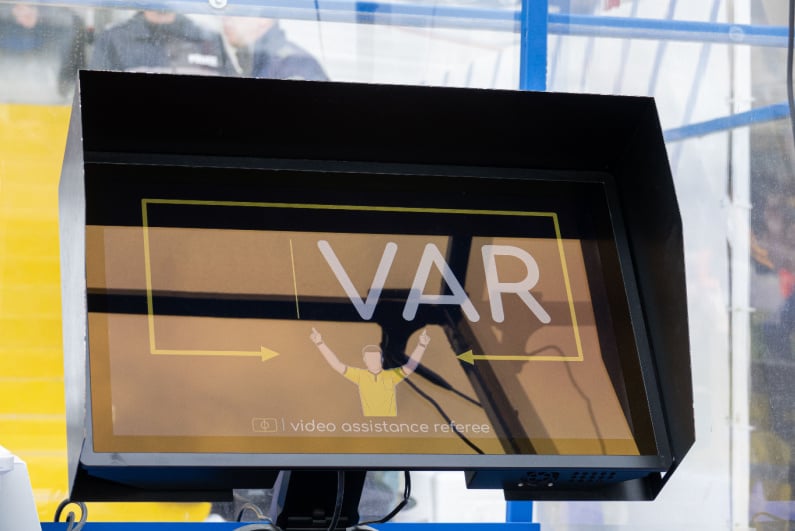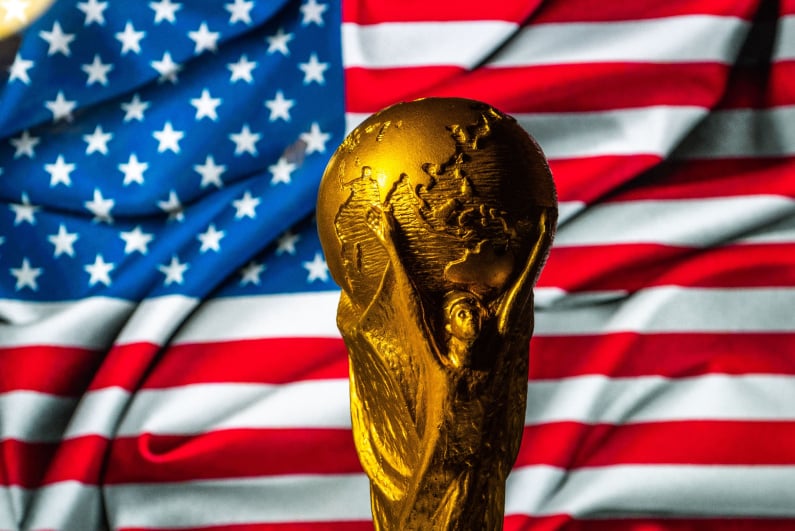Size of the problem
A UK Conservative MP has said that a new gambling levy is needed to speed up the “prevention and cure” of problem gambling.
Richard Graham, MP for Gloucester, was writing in PoliticsHome, an online news source for the UK’s Parliament. He highlighted the number of suicides linked to gambling (estimated between 250 and 650 each year) and described the situation as something that urgently needs to be tackled, with over 55,000 young people under the age of 14 already addicted to gambling.
He said: “We need to know how people can rack up massive debts without gambling companies, banks or regulators being able to prevent it. How easy is it for gamblers to self-exclude comprehensively? How can credit be cut off?”
He listed possible answers to those questions; namely, that the government and parliament should introduce a levy that the gambling sector must pay. With the market bringing in gross profits amounting to £14bn ($18bn), the sector is in a healthy state to pay a levy, Graham suggests.
In his opinion, this extra money will help to fund research and gambling clinics.
Graham wrote: “I have a Ten-Minute Rule Bill coming soon, urging the government to report on the possibility of a levy. If actioned, it would be an important step to improve our understanding of a problem much greater than most recognize.”
He also thinks that more needs to be done to protect young people, such as removing gambling advertising from live sporting events. A stronger self-exclusion scheme that sees real commitment from banks is another requirement, according to Graham.
Steps are already being taken to achieve those goals. Last month, it was reported that gamblers will face strict new ID and age checks before they can place a bet. This move is part of a new self-exclusion scheme for gambling addicts, which is expected to come into force in May. It means that, starting next month, gambling operators will have to remove over 60,000 people who have signed up to Gamstop’s scheme if they want to retain their licenses.
Graham has also urged the government to embrace technology and to add more gambling clinics.
“Regulators cannot do it all alone. Society will have to consider whether gambling will be the tobacco of this generation – something once widely advertised, then restricted, and now banned from advertising altogether.”
Not all doom and gloom
Of course, while the gambling industry certainly has its negative spots, there can also be good stories that come out of it.
For instance, it was reported in January that bookmakers had pledged a new deal that would see £3m ($3.9m) going toward caring for the welfare of thousands of racing greyhounds in the UK this year. Those involved include William Hill, Betfred, Sky Betting and Gaming, and Paddy Power Betfair.
The extra funding will be used to increase safety across the country’s 21 licensed racetracks, improvements to kennels, and air-conditioning for the trainers’ vehicles.
Elsewhere, a report from mid-February said that 90% of American casino players practice responsible gambling. The report said that gamblers can track their spending successfully and stick to the budgets they set.
Considering the often negative press that the gambling industry receives, these are just a few examples that paint the sector in a more positive light.



